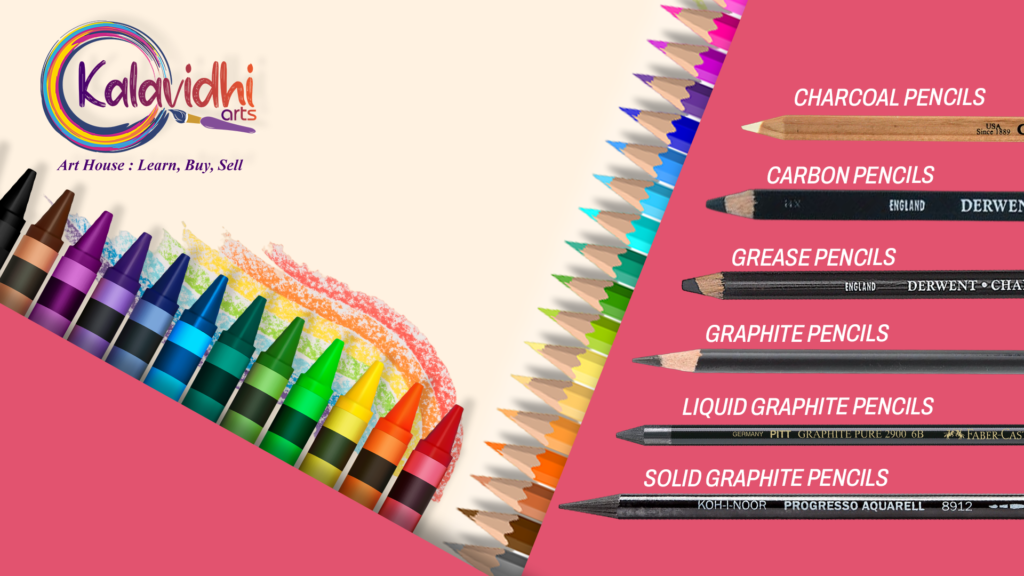
So, you want to take sketching a level higher. Great!
Now, it is crucial for you to find the right tools and understand the importance of using different pencils. For example, in detailed drawing, you might want to use fine pens or pencils, but in preliminary drawing, you might use broader strokes.
Which pencil is right for you?
From the time the pencil industry began growing, different kinds, grades, and types of pencils were manufactured. Each one was graded and categorized according to hardness levels as well as the quantity or extent of black color it could produce. This means that they were categorized relating to how dark or light they were, and also how light or heavy their lead was.
Choose your type of pencil from the chart below:
| Grade | Degree of Hardness | Best Used For |
| 9B | Very Soft | Drawing, sketching, and shading |
| 8B | Very Soft | Drawing, sketching, and shading |
| 7B | Very Soft | Drawing, sketching, and shading |
| 6B | Very Soft | Drawing, sketching, and shading |
| 5B | Soft | Drawing, sketching, and shading |
| 4B | Soft | Drawing, sketching, and shading |
| 3B | Soft | Drawing, sketching, and shading |
| 2B | Soft | Drawing, sketching, and shading |
| B | Soft | Drawing, sketching, and shading |
| HB | Medium | Writing as well as technical drawing |
| F | Medium | Writing as well as technical drawing |
| H | Hard | Marking crafts and technical drawing |
| 2H | Hard | Technical drawing |
| 3H | Very Hard | Technical drawings and detailed technical drawings |
| 4H | Very Hard | Technical drawings and detailed technical drawings |
| 5H | Very Hard | Technical drawings and detailed technical drawings |
| 6H | Extremely Hard | For very special purposes |
| 7H | Extremely Hard | For very special purposes |
| 8H | Extremely Hard | For very special purposes |
The degree of hardness is usually printed on the pencil, especially if they are made specifically for drawing.
Besides picking suitable pencils for you, you will also need to buy a sketchbook. Picking hardcover sketchbooks are better for both indoor and outdoor useover paperback ones. The hardcover provides support if you need to doodle, sketch or draw something.
Few types of Pencils
Graphite Pencils–Used by artists to draw expressive lines, andlight guidelines and realistic images, it also allows for smoother strokes.
Solid Graphite Pencils – Used mainly by artists for drawing and art.These pencils are also available in the same hardness and grades as the ordinary graphite pencils.
Liquid Graphite Pencils – Used by artists to create pencil sketches and genuine graphite pencil effects using a liquid.
Charcoal Pencils – Used by artists to prevent hands being marked. Many famous artists made use of the charcoal pencil, for example, Georgia O’Keeffe, Leonardo da Vinci, Ernst Barlach, and Michelangelo.
Carbon Pencils – Used toproduce thick and deeper black lines than the graphite pencil, which are difficult to erase.
Colored Pencils or Crayons – Used by architects and children for drawing and coloring, as they are easy to use and are non-toxic.
Grease Pencils – Used on glossy non-porous surfaces like glass, porcelain, rock, plastic, ceramics, metal, and polished stone.
Watercolor Pencils –Used in wet state. First some dry pigment is put, followedby a damp brush. This helps spread the pigment, which intensifies the colors. This comes in as many as 120 different colors.
